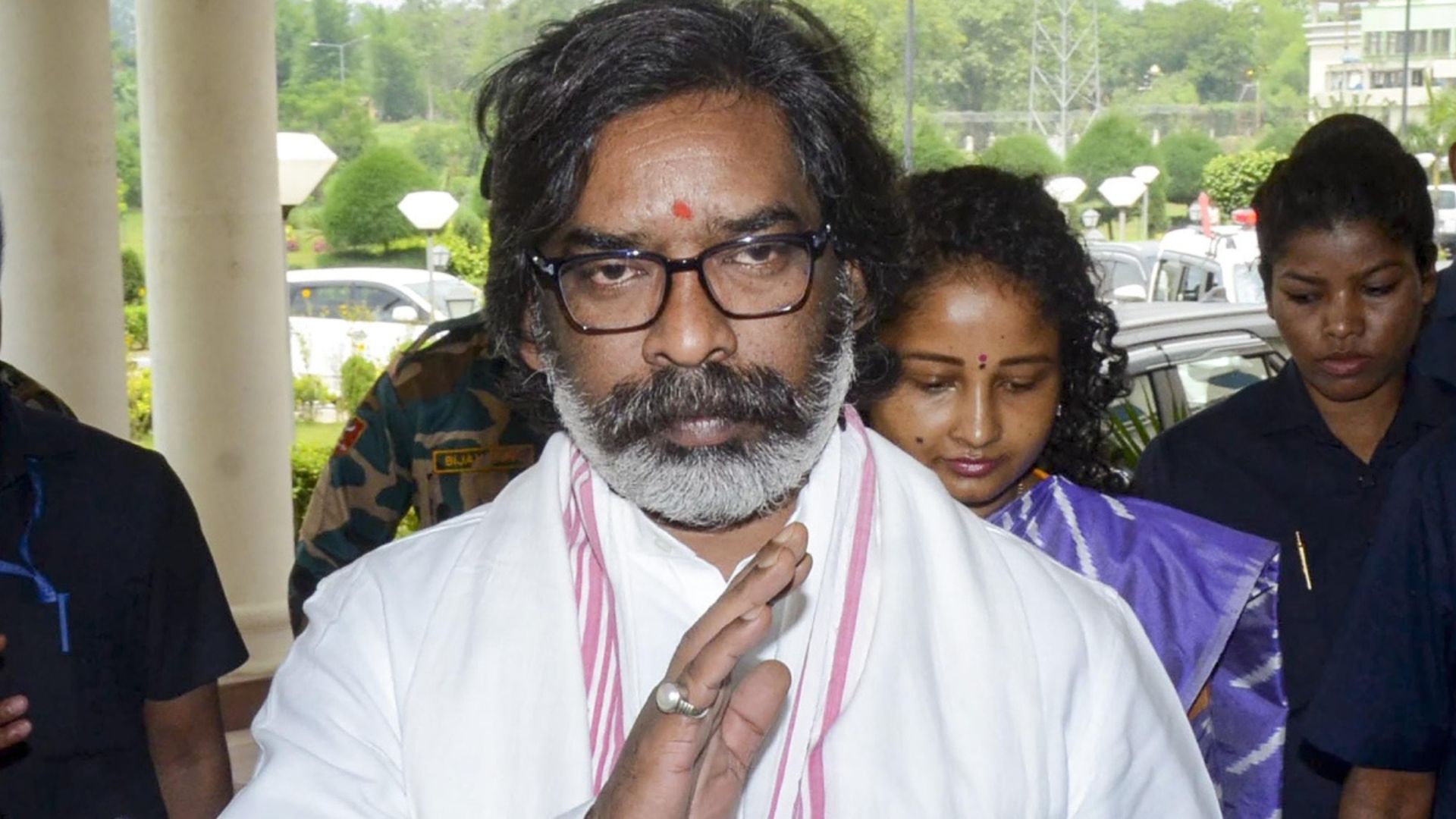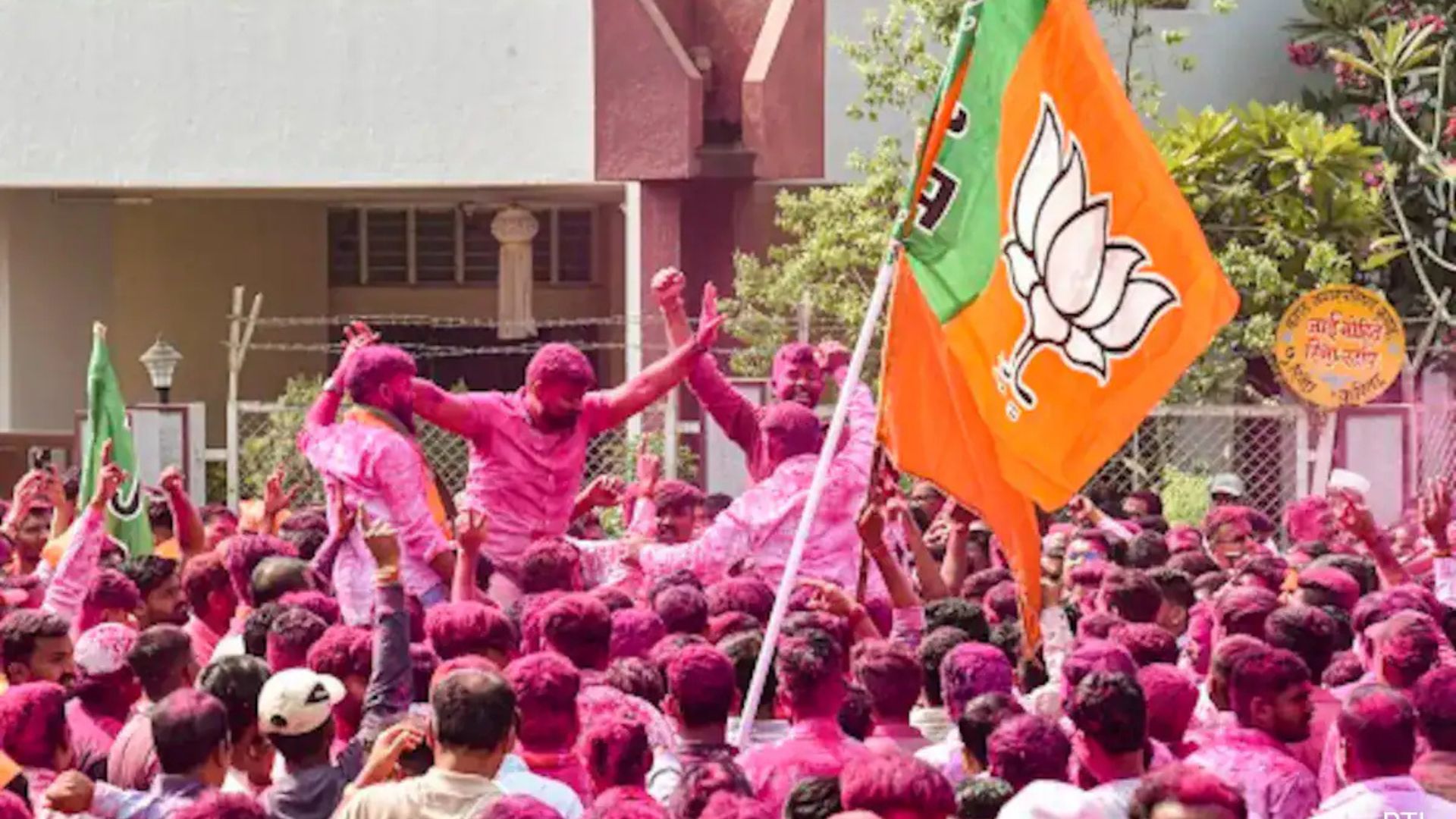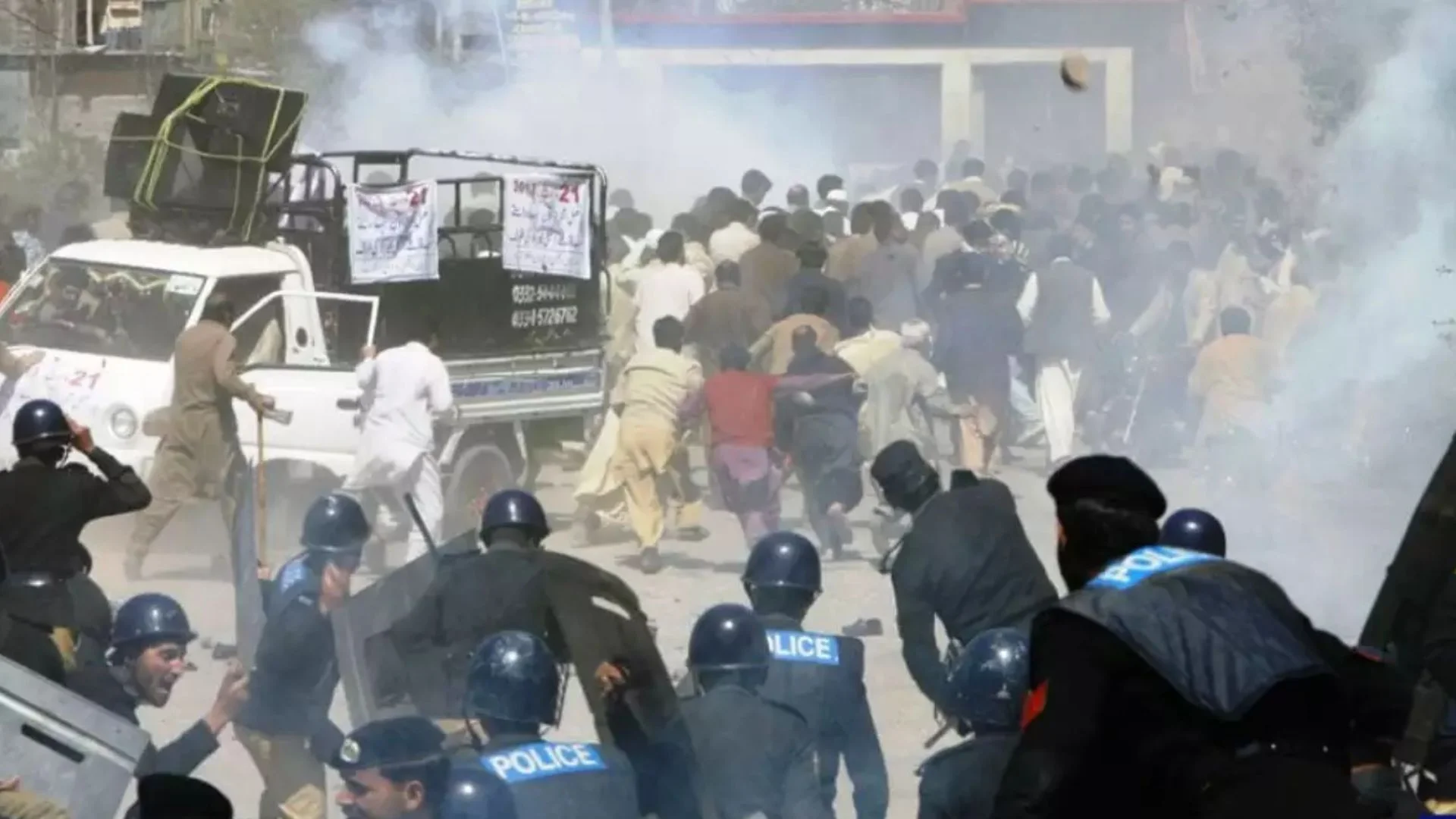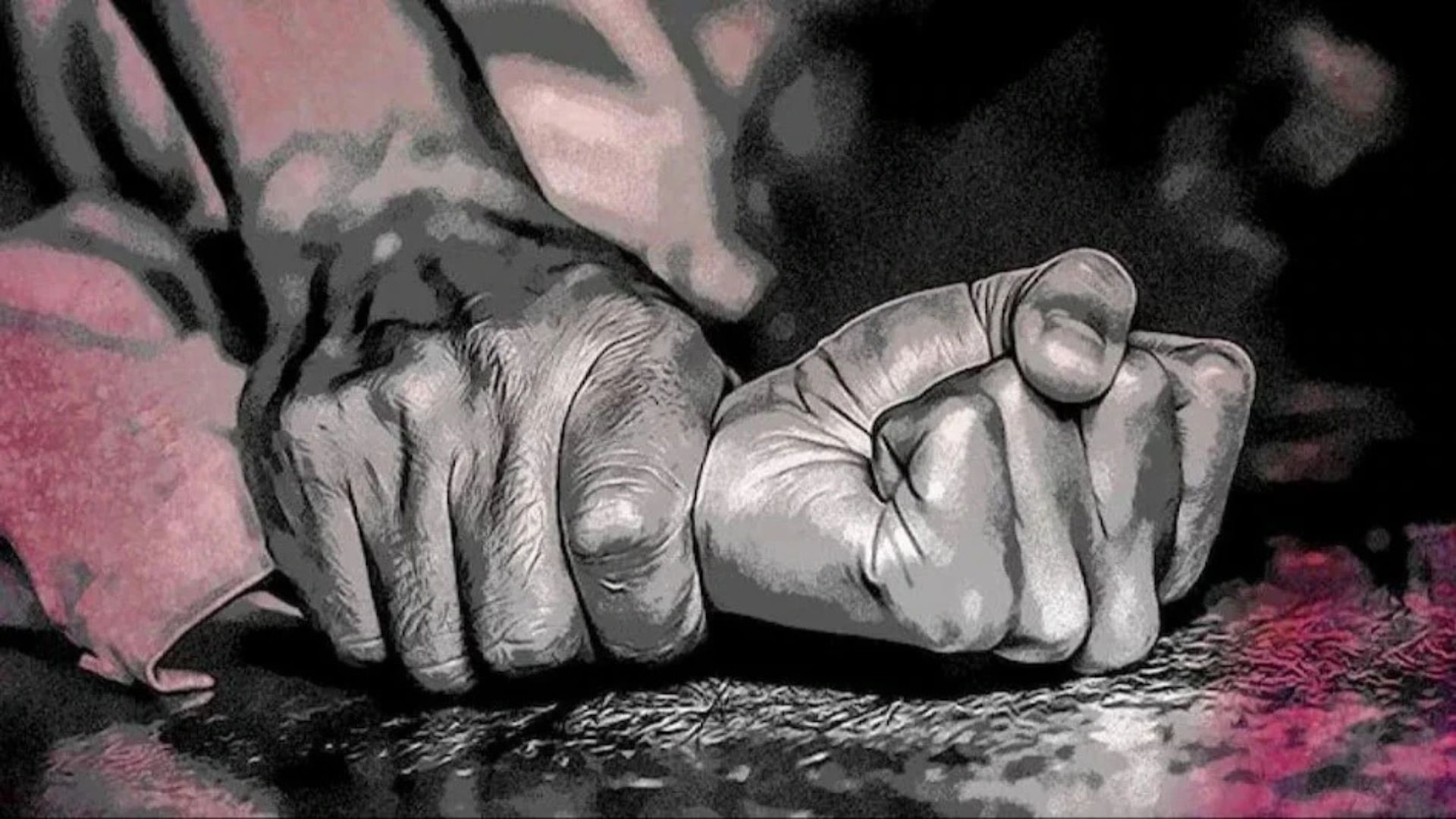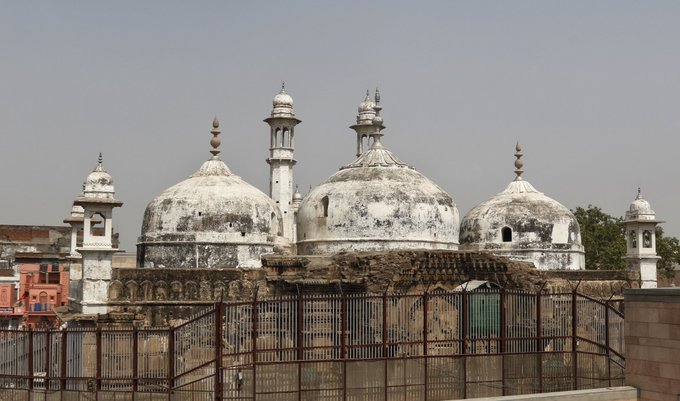
The sixth day of the Gyanvapi survey was completed on Tuesday, one day after the order of the District Court and the fifth after the Supreme Court’s order. Every single day a page of history is dusted off. A new story is peeping through the old doors. Yesterday, 8 August 2023, marked the sixth day of the Gyanvapi survey. The story of the survey is no less than a fairy tale. Here’s how.
On 3 August, the Allahabad High Court issued a significant ruling, confirming the continuation of the Archaeological Survey of India (ASI) investigation of the Gyanvapi Mosque premises. The court rejected the plea from the Muslim litigants to halt the order issued by the Varanasi court.
The court underscored the importance of the ASI’s scientific survey for achieving justice. However, it was explicitly stated that the survey would not involve any excavation within the premises.
In 2022, a group of women petitioned a lower court in Varanasi to seek access to a mosque’s complex based on their claim of a historical temple presence on the site. Responding to this, the court ordered a video survey of the complex. This survey identified a structure that the petitioners argued was a “shivling”. In contrast, the mosque’s management committee vehemently asserted that it was a component of a fountain in the “wazukhana” area used for pre-prayer ablutions.
Due to the delicate nature of the situation, the Supreme Court intervened and directed the sealing of the part of the complex containing the disputed structure, aiming to maintain the status quo and prevent potential tensions.
On 21 July 2022, the Varanasi district court ordered the ASI survey of the Gyanvapi mosque, setting a report submission deadline for 4 August. However, an order from the Supreme Court led to the survey’s suspension after it started on 24 July. Subsequently, on 5 August, the Varanasi court extended the timeline for the ASI’s comprehensive survey and scientific examination of the mosque, granting four additional weeks for investigation and report preparation. A further hearing was scheduled for 2 September.
On 4 August, the Supreme Court declined to halt the Allahabad High Court’s decision to allow the ASI investigation, generating concerns within the Muslim community about potential historical tensions being rekindled. Starting on 4 August, a team of around 40-45 ASI officials initiated the survey at 7 am. Despite initial expectations, it became evident that this inspection would be an extended process, as indicated by the lawyer representing the Hindu side.
By 6 August, concerns emerged among the Muslim side due to rumours of a Hindu idol and a trident being discovered during the survey. The Muslim side demanded corrective measures to counter these speculations.
The situation escalated over subsequent days. On 7 August, due to devotees at the Kashi Vishwanath temple, the survey began late at 11 am and concluded at 5 pm. This marked the fourth day of the ASI’s court-mandated undertaking.
Vishnu Shankar Jain, counsel for the Hindu side, said that during the survey the representatives of the Anjuman Intezamia Masjid Committee and the local imam were present and cooperated.

